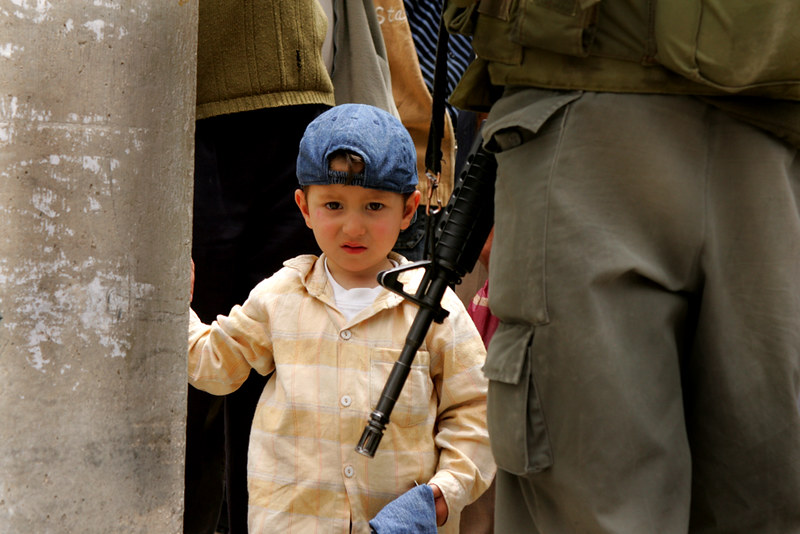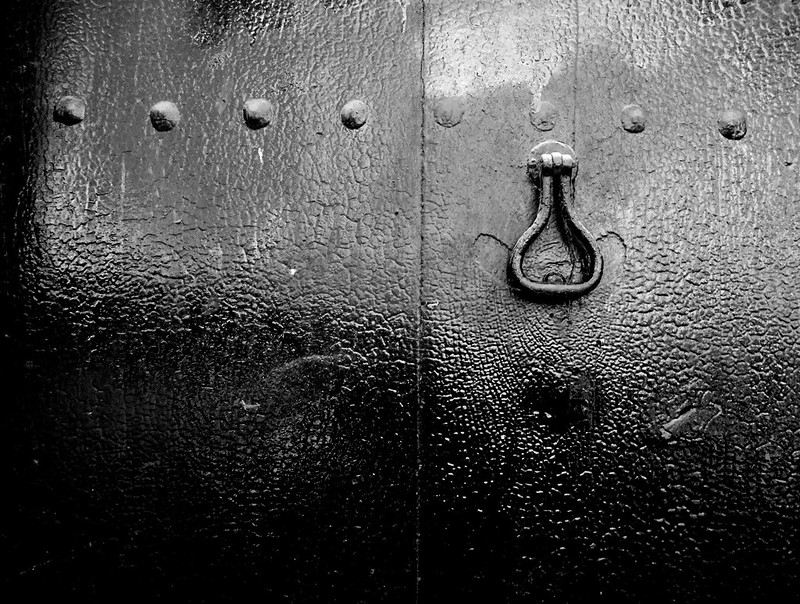God in Hiding
By Kayla Blau
Our five-year-old fingers plucked mancala beads,
wove white flower crowns,
blew dandelion seed wishes.
Our Barbies knew no god.
Our families spoke nothing of politics.
Sleepovers at hers were cardamom and allspice,
steaming lamb nestled under mounds of rice, fried eggplant, labneh and cucumber.
Sleepovers at mine, sustained by cardboard box macaroni and cheese,
spoons slick with I Can’t Believe it’s Not Butter.
In middle school, her AIM screen name read jordanianprincess91.
Later, she told me her parents fibbed, spun stories of Jordanian roots
rather than risk the reclamation of “Palestinian” in our majority-white suburb.
My ancestors hid the same, cut the “stein” from our last name,
the trade-offs the hunted make for survival, for safety.
Later still, ICE agents forced Leila’s parents’ hand,
plucked her family from U.S suburbia back to East Jerusalem.
When I visited her,
Holy Land revealed
metal cages, Jews-only streets,
protestors spouting “Death to Arabs” in the same language my ancestors prayed in.
What of apartheid is holy?
What god reigns here?
Kayla Blau (she/her) is a queer writer and facilitator based in Seattle, WA. Her work can be found in The Seventh Wave, The Stranger, Crosscut, and South Seattle Emerald, among others. Her poetry and personal essays are included in anthologies such as Emerald Reflections, Writing for Peace: Resistance Issue, and Wanderlust. More of her work can be found at www.keepgoing.press.
Photo credit: Kashfi Halford via a Creative Commons license.
A note from Writers Resist
Thank you for reading! If you appreciate creative resistance and would like to support it, you can make a small, medium or large donation to Writers Resist from our Give a Sawbuck page.


